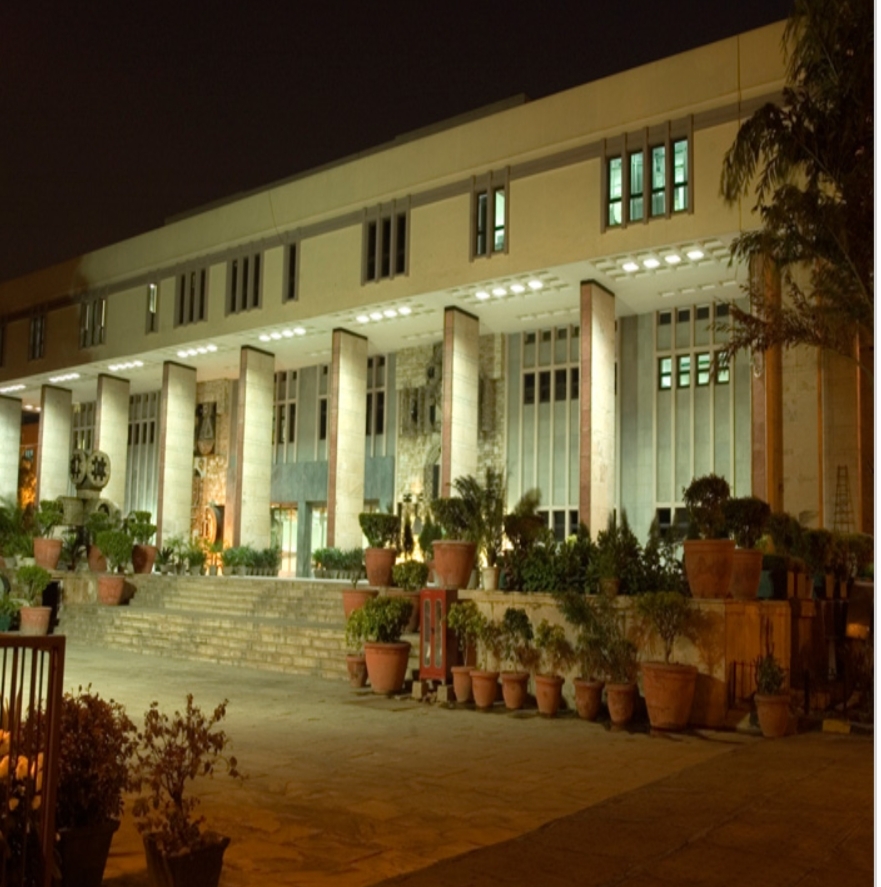In India, personality rights are still an emerging aspect of the copyrights bundle. Personality rights broadly include the Plaintiff’s name, voice, photograph / caricature, image, likeness, persona, and other attributes of his personality. Such rights, while not emanating from any statutory position, have been acknowledged in a plethora of judicial decisions. These rights are a branch of publicity rights that are borne out of the constitutional rights of Privacy.
In a recent decision by Justice J S Mini Pushkarna, the Delhi High Court granted interim relief against the infringement of personality and publicity rights of renowned cardiac surgeon Dr. Devi Prasad Shetty. This decision is important in the light of the fact that this is probably one of the first occasions where the court has exercised the opportunity of securing personality rights concerned with a person outside the Media and Entertainment industry.
Background
The plaintiff Dr. Shetty is a renowned cardiac surgeon who is also the founder of Narayana Health and Narayana Hrudayalaya hospital chains. Dr. Shetty also holds a US Patent for being the inventor of a system and method for facilitating delivery of patient-care. He was appointed as head of Karnataka’s Covid Task force for the ‘third wave’ of the pandemic. He has often appeared in various interviews and talk shows, delivered lectures and featured in several news articles. He was also featured in an episode of a popular Netflix’s documentary series ‘The Surgeon’s Cut’, also featured him showing his treatment of patients prioritizing low-cost and affordable healthcare.
It was contended by the Plaintiff that the defendants were unidentifiable third parties that operated Facebook pages and were misusing the name/ likeness/ photos/ videos of the Plaintiff by creating and sharing fake and misleading videos on the said social media platform. It was submitted that at the outset it is apparent that that the sole purpose of such a use was to derive illicit commercial gains. It was submitted that the content that defendants propagated utilizing the personality traits of the Plaintiff posed a significant threat to the unsuspecting members of public who were being misled into purchasing the purported health products promoted/ marketed using his persona or be misled into believing the unsubstantiated and unverified health tips being misrepresented as originating from him. Further, any adverse consequences caused by the virtue of such impugned content, shall also result in irreparable harm to the hard-earned goodwill of the plaintiff. It was contended that a mala fide intent of the defendants was visible not only from the unauthorised usage of Plaintiff’s personality, but also from the facts that excerpts from an older video of the Plaintiff had been deliberately distorted and doctored into such infringing content to suggest an association between him and the defendants.
Main Issue
The Plaintiff pleaded that the misappropriation of any attribute of plaintiff’s personality rights without his express permission especially for a commercial purpose is liable to be restrained not only for violation of personality rights, but also on account of dilution and tarnishment and erosion of Plaintiff.
Court’s Analysis
Taking into account the above state submissions and the submission that the Plaintiff is a “Celebrity” and has a valid and enforceable personality right for being qualified under the dual test of personality rights, the court found that the Plaintiff had demonstrated a prima facie case for grant of injunction and in case no ex parte ad interim injunction is granted, the Plaintiff will suffer an irreparable loss. Further balance of convenience also laid in favour of the Plaintiff. The court directed Facebook and YouTube, who had also been impleaded as defendants, to take down the posts and that the Plaintiff may contact them for further removal if any new posts come up.
Development Of Law
Personality rights involve the major aspect of “Celebrity” status. The judicial history of this pre-requisite can be traced down to the 2015 judgement of Shivaji Rao Gaikwad vs M/S.Varsha Productions, where the Madras High Court premised the celebrity status in identification of the personality traits from the usage in question. That case, as well as many other cases concerning personality rights were primarily concerned with the usage of popular names, like “Rajnikanth”, “Karan Johar” and “Anil Kapoor”. However, with the emerging technology, infringement is not solely limited to usage of pre-established identity.
In the case of Arijit Singh vs Codible Ventures, the judgement lays out this test of qualification for protection of personality rights, wherein, establishing a celebrity status for the plaintiff is only the primary ingredient, which has to be followed up by identifiability of the personality traits from the usage in question, and all this was done without any authority derived from the Right-holder.
While the test in itself was much needed and secured personality rights of many personalities, there was a serious ambiguity of whether a normal professional not of the illuminated stature of “Bollywood Celebrities” would be able to establish the importance of their personality rights.
At this juncture, one should also look at development of personality rights in other jurisdictions. By virtue of a legislation passed in July of this year, the United State of America passed the Nurture Originals, Foster Art, and Keep Entertainment Safe Act (more commonly known as the No Fakes Act) 2024. This legislation provides that all citizens, irrespective of “Celebrity” status are entitled to security of their personality rights.
This must be the ideal situation, especially in the contemporary environment where social media is growing at exceptional rates and there are emerging micro influencers who primarily monetize on the basis of their personality traits. This judgement provides a ray of hope for such people with a restricted influence.
Authors: Urvashi Joshi & Alok Mourya

